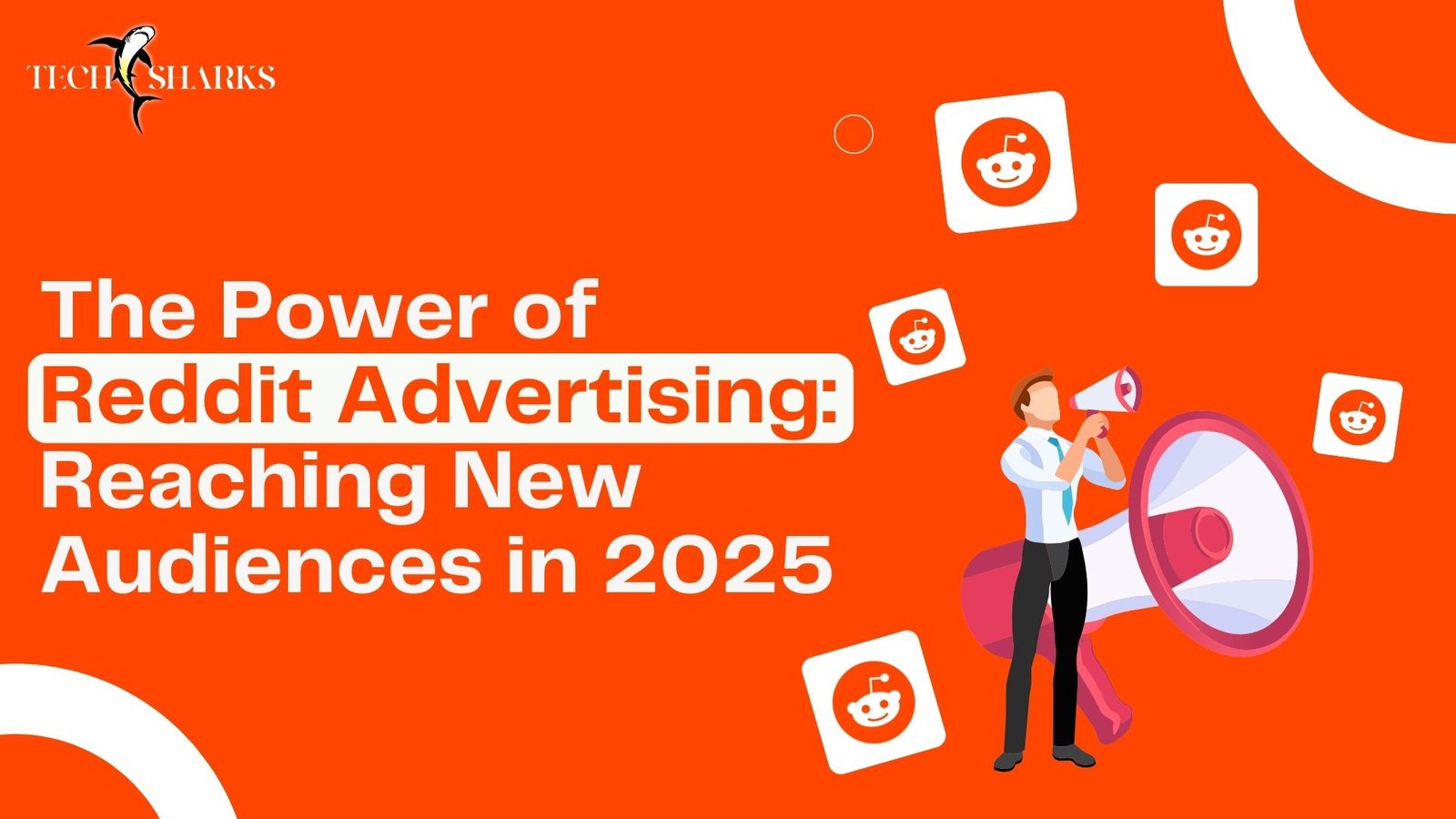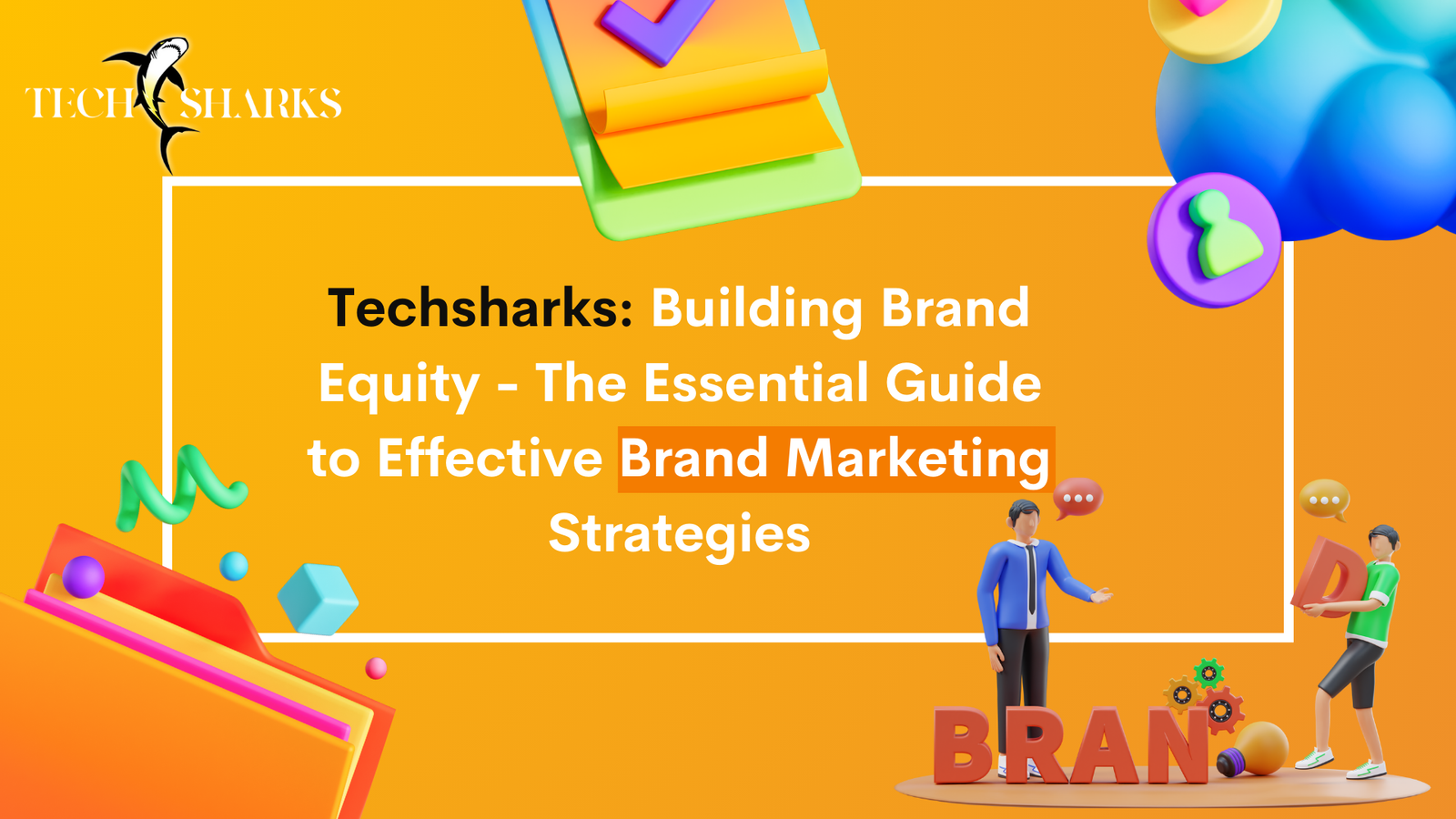By 2025, artificial intelligence (AI) and machine learning (ML) are expected to be at the heart of digital marketing strategies. These technologies are not just buzzwords—they’re driving huge changes in how businesses connect with their audiences. From predicting customer behavior to delivering personalized experiences, AI and ML are reshaping marketing in powerful ways. In this blog, we’ll explore how these technologies are transforming digital marketing, the challenges they bring, and how companies like Techsharks are using AI and ML to their advantage.
How AI and ML Are Changing Marketing
AI and ML are enabling marketers to analyze data quickly and make more informed decisions. These technologies are also helping businesses better understand customer behavior and create more personalized experiences. Here’s how they’re changing the marketing landscape:
1. Improving Customer Experiences
AI tools like chatbots and virtual assistants are available 24/7, offering personalized interactions with customers. This ensures that businesses can always meet customer needs, even when their teams are offline.
2. Optimizing Campaigns
ML algorithms continuously monitor campaigns in real time. This allows marketers to tweak their strategies on the fly and maximize ROI.
3. Predicting What Customers Want
AI uses predictive analytics to anticipate trends and customer needs. This enables brands to stay ahead of the competition and align their offerings with what customers are likely to want next.
4. Delivering Hyper-Personalized Content
AI analyzes data like browsing history and purchasing behavior to deliver highly personalized recommendations. This makes marketing feel more tailored to each customer, which increases the likelihood of engagement and conversions.
Real-World Applications of AI in Digital Marketing

AI and ML are already making a big impact on how businesses market their products and services. Here are some practical ways these technologies are being used:
1. Content Creation and Curation
AI-powered tools like ChatGPT and Jasper help businesses generate high-quality content quickly. Meanwhile, ML algorithms can curate content based on users’ preferences, ensuring it’s always relevant and engaging.
2. Smarter Advertising
AI automates ad placements, ensuring that ads reach the right audience at the right time. This not only saves money but also boosts conversion rates by delivering more relevant content.
3. Optimizing Voice Search
As voice search becomes more popular, AI is helping businesses optimize their content for voice-activated devices. This ensures that brands stay visible in search results, even when customers use voice commands.
4. AI-Driven Email Campaigns
AI can help businesses personalize email campaigns by analyzing how customers engage with past emails. This leads to higher open rates and better engagement from recipients.
Overcoming the Challenges of AI and ML in Marketing
While AI and ML offer many benefits, there are a few challenges businesses need to consider:
- Data Privacy: As customer data becomes more valuable, it’s essential for businesses to protect it. Regulations like GDPR make it crucial for companies to handle data ethically.
- Integration: Incorporating AI tools into existing systems can be complex and costly.
- Talent Shortage: There is a growing demand for skilled professionals who can effectively use AI and interpret data.
- Upfront Costs: While AI and ML deliver long-term results, they can be expensive to implement in the beginning.
Techsharks: Leading the Way in AI Marketing
Techsharks is a digital marketing company at the forefront of using AI and ML to help businesses thrive. They have developed advanced tools that use AI to analyze customer behavior and market trends. These tools allow Techsharks to create highly personalized campaigns that resonate with audiences and deliver strong results.
What makes Techsharks stand out is their ability to combine technology with human creativity. Their team ensures that AI strategies match the brand’s voice and appeal to the target audience, creating a balance between data-driven insights and authentic messaging.
What’s Next for AI and ML in Marketing?
AI and ML will continue to evolve in the coming years, offering even more possibilities for marketers. Here’s what we can expect:
1. Visual Search
AI will make it easier for customers to search for products using images instead of words. This will revolutionize e-commerce by allowing users to find exactly what they’re looking for with just a photo.
2. Augmented Reality (AR) and AI
By combining AR with AI, businesses will create immersive shopping experiences. Customers will be able to virtually try on products before making a purchase, improving the overall shopping experience.
3. Sentiment Analysis
AI will get even better at analyzing customer emotions and responses. By understanding how customers feel about products, brands will be able to deliver even more personalized experiences.
4. Ethical AI Practices
As AI becomes more integrated into daily life, ethical practices will take center stage. Businesses will need to use AI responsibly and be transparent about how they use customer data.
Conclusion
AI and machine learning are already transforming marketing, and as we move into 2025, their influence will only grow. These technologies are enabling businesses to understand their customers better, deliver highly personalized experiences, and stay ahead of trends. Companies like Techsharks are leading the way by embracing AI to create innovative marketing strategies that drive success.
As AI and ML continue to advance, brands that adopt these technologies will have a competitive edge in the ever-changing digital landscape. The future of marketing is here, and it’s powered by AI.




